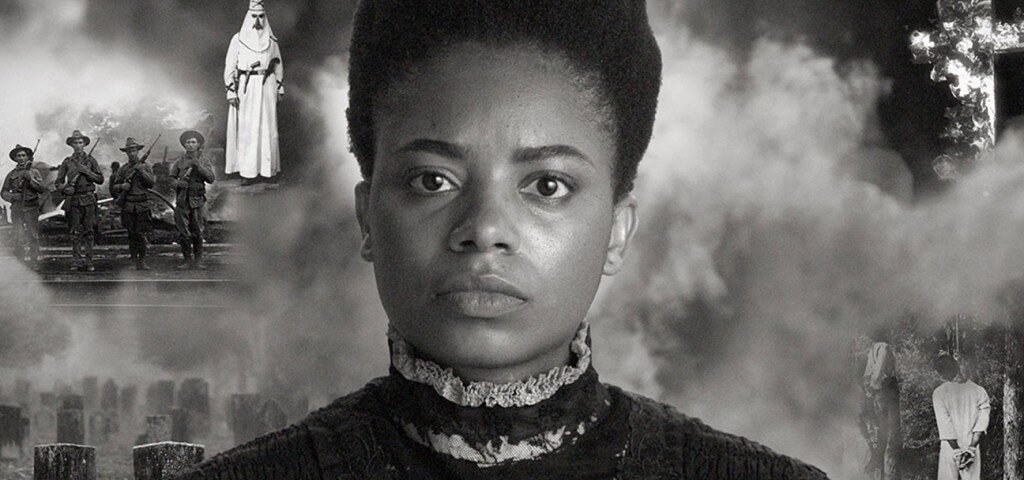


‘It Lives Inside’ Review: A Horror Debut About First-Generation Immigrants Falls Short of Its Potential
September 26, 2023ISS Daily Summary Report – 9/25/2023 – ISS On-Orbit Status Report
September 27, 2023The director of ‘Love to Love You, Donna Summer’ and ‘Cassandro’ adapts Ibram X. Kendi’s influential book about the roots of American racism.
Stamped From the Beginning
An engaging doc that could have drawn more ambitious conclusions.
This festival season brought with it a pair of ambitious adaptations of scholarly texts. In Venice, Ava DuVernay premiered Origin, a narrative take on Isabel Wilkerson’s tome, Caste: The Origins of Our Discontents. The Selma director anchored her adaptation in a tender love story, using Wilkerson’s personal life to understand the intellectual and emotional labor supporting the book’s framework. And at the Toronto International Film Festival, Roger Ross Williams debuted his own film translation of an influential text on race.
There’s a quiet power to Williams’ exercise even when it edges close to gimmick. Stamped From the Beginning documents the stories of African-American women in the United States. Relatively popular historical figures — the poet Phillis Wheatley, the writer Harriet Jacobs and the journalist Ida B. Wells — get the celebratory treatment usually reserved for history’s great men. Inspired by recent HBO doc The Stroll, Williams employed the L.A. based studio Awesome + Modest to create mixed media animations of these characters. David Teague, one of the doc’s producers, wrote their monologues. Wheatley recounts the public humiliation she endured when asked to prove her authorship in court; Wells talks about the incidents that drove her anti-lynching work; and Jacobs speaks on writing her autobiography. Their voices become an accessible way for novices to learn about this history and harmonize with the chorus of contemporary scholars, from Angela Davis to historian Carol Anderson, interviewed for the project.
Stamped From the Beginning connects past to present by supplementing the conversations with scholars and the profiles of historical figures with footage from recent history. Videos of Eric Garner calling out the police officers for their daily harassment lead into the chilling chants of white supremacists chanting “You will not replace us” in Charlottesville. These moving images are presented quickly and without context, which makes them feel more like fleeting interstices than moments for meditation.
In confronting racist logic at the start, Stamped From the Beginning flirts with radical thinking, so it’s a shame that the film doesn’t take bigger swings with its conclusions. The documentary wades in shallow historical waters before returning to shore with familiar conclusions about confronting racism with facts.
It’s important, especially in a time when curricula across the United States are under attack and fascist powers seek to rewrite history, to remind audiences to insist on the truth. But what other conclusions might Stamped From the Beginning have drawn if it had fleshed out another one of its own keen ideas? To paraphrase one of the doc’s scholars: People think about what they are going to lose in an anti-racist society, never what there is to gain. What would Williams’ doc, with its inviting animation technique and accessible storytelling, have looked like if it had focused on the gains? Would that have meant subverting the Great Man Theory of history and complementing these profiles of Black women with a people’s history of movement work? Or could the doc have brought us back to the present, highlighting examples of Black women leading anti-racist movements? There’s a bit of that last part in Stamped From the Beginning — the activism of Tarana Burke and Bree Newsome are highlighted, for example — but it only left me wanting more.





